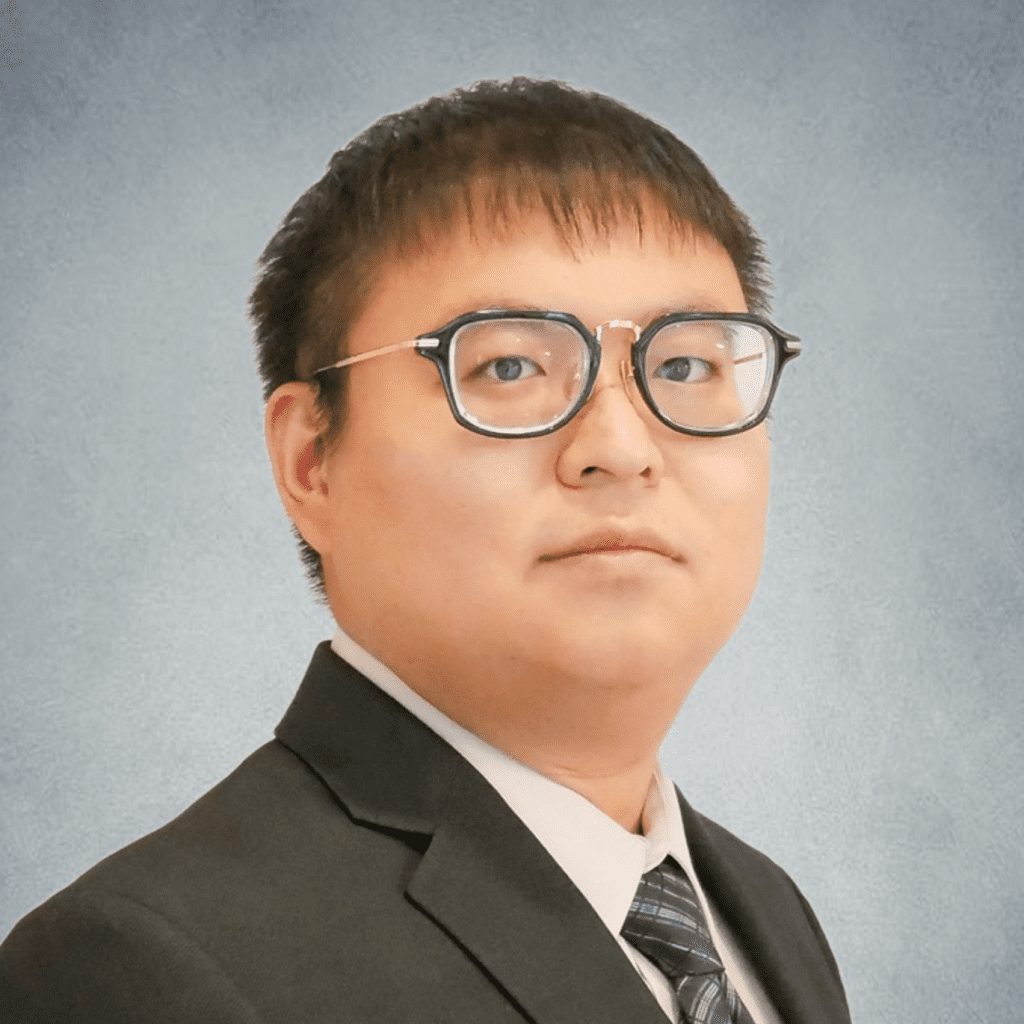The Power of AI Unleashed Through UCF’s AI Initiative
Talk of AI is all around. Whether discussed in the context of education, the workforce or everyday life, it is certainly making a large impact. According to the program’s website, UCF’s Artificial Intelligence Initiative (Aii) aims to hire close to 30 new AI faculty members from across five different colleges: College of Sciences, College of Engineering and Computer Science, College of Medicine, College of Optics and Photonics and College of Business.
This initiative aims to provide top-quality AI education for UCF’s undergraduate and graduate students—empowering them to change the world with new technology.

Department of Statistics and Data Science Endowed Assistant Professor and Data Science Lab Director HanQin Cai, Ph.D. plays a critical role in this initiative as a member of the executive committee. Cai teaches “Statistical Foundations of Data Science and Artificial Intelligence II” at UCF and is passionate about training students to discover the many exciting possibilities of AI.
About Cai
Cai joined UCF as a seasoned AI expert. Before UCF, he worked for UCLA where he worked on the mathematical and statistical foundations of data science and machine learning, essential components of AI. One of his most significant projects proposes a novel data sampling strategy that is flexible and easy-to-implement in real applications such as recommendation systems. The flexible data sampling method can potentially save millions of dollars in survey costs for data-driven businesses like Amazon and Netflix.
Statistics and AI: A Dynamic Duo
When asked how statistics relates to AI, Cai replied, “It’s everywhere. Statistical data is used for AI modeling.” Understanding statistical principles like how to sample data forms the backbone of AI.
“Big data is a challenge for the AI community, and how to utilize that data is a big question. Statistics plays a huge role in analyzing and processing the data,” said Cai.
AI in Academics
“AI is a new opportunity and a challenge,” Cai explained. It helps students easily locate the information they need, but they still have to know which questions to ask ChatGPT, as sometimes ChatGPT’s answers can be substantially different when the question is slightly altered.
Cai shared that although there are some concerns over AI and academic integrity, it is like any new technology. New technologies are always met with resistance, but he believes that AI will be adopted and integrated appropriately into the classroom. It’s just a matter of learning and adjusting.
“At some point, AI will become an essential part of our everyday life, including the time in the classroom. The school has to adapt to this powerful tool that can help students obtain knowledge in a more efficient way than ever before. However, AI is a double-edged sword, teachers must teach the class in more innovative ways to enhance AI-assist study and prevent AI-based cheating.
AI Careers: What to Know
There has been talk of AI replacing jobs, but it’s important to keep things in perspective. “The person using the technology is just as important as AI,” said Cai. While he admitted that some tedious jobs may be replaced in the future, he said that people will have the opportunity to apply their skills to more creative, less monotonous roles. This opens opportunities for new jobs that didn’t exist before because “creativity is something that AI isn’t good at yet,” shared Cai.
What kinds of careers are available in AI? Cai explained that AI crosses many industries and businesses. There will be many job opportunities for years to come.
Cai suggests that students take his “Statistical Foundations of Data Science and Artificial Intelligence II” and other AI classes offered across campus if they’re interested in an AI career.
For those who want to switch careers, Cai said, “It is never too late to start using a computer, it is never too late to pick up smartphones and it is never too late to have an AI-enhanced career.”
